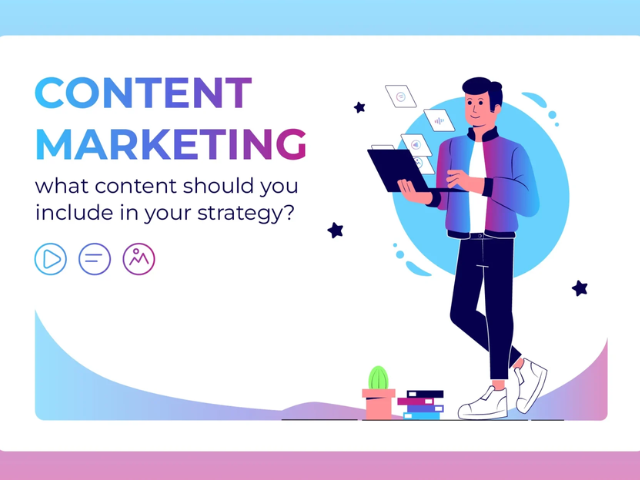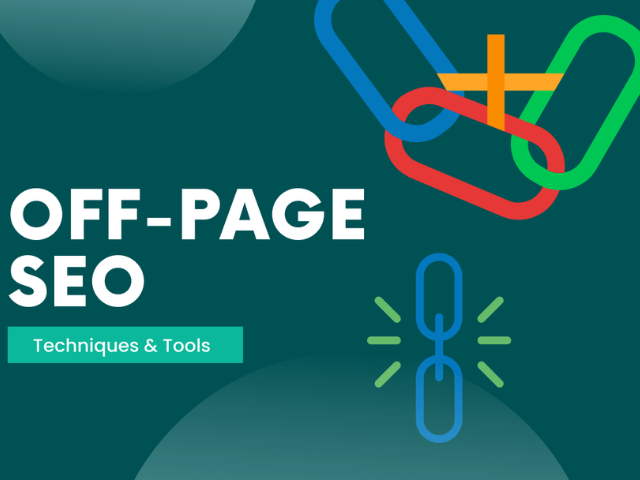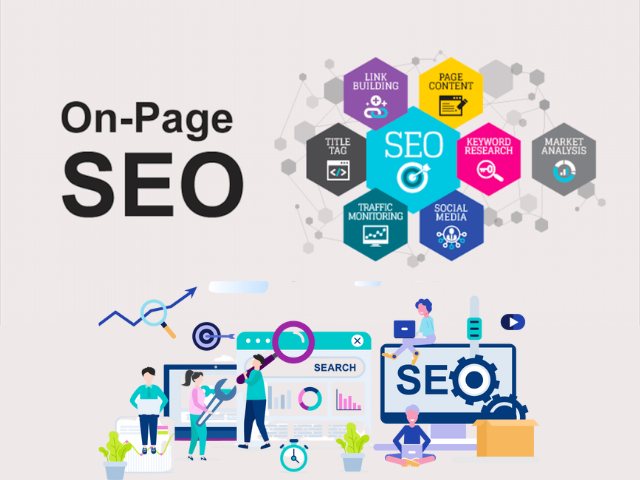How to Increase Your Traffic Website: Complex Guide
How to Increase Your Traffic Website: Complex Guide Introduction In today’s digital landscape, the existence of websites is just the beginning. The real task is to constantly attract traffic to your site. Whether you run a business, blog or e-commerce store, high website traffic leads to better visibility, more leads, and increased revenue. This guide covers proven strategies for increasing website traffic through SEO, social media, content marketing and paid advertising. WAYS TO INCREASE WEBSITE TRAFFIC To increase website traffic, focus on browsing, keyword optimization, metasegment and content structure. Use social media platforms to share engaging messages and attract visitors. Invest in content – walking via blogs, videos and infographics to attract organic traffic. Use paid advertisements such as Google Advertising and advertising shares on social networks for targeted coverage. Work with influencers and engage in email marketing to maintain and develop your audience. 1. Optimize your search engine (SEO) site A. Keyword research and implementation SEO is the foundation of organic movement. Find the corresponding keyword using tools like Google Planner, Semrush, Ahrefs. Implement them: Name and meta description Blog Messages and Web Content Content URLS & IMAGE ALT tags B. Best SEO Practices on the Page Write from blog messages with appropriate headings (H1, H2, H3) Pinch and optimize images for quick loading Provides mobile responsiveness to the best user experience Improve page load speed with Google PageSpeed Insights C. SEO Techniques and Inverted Links Use SSL (HTTPS) certificates for security Submit your site card through Google Search Console Get reverse links for high power levels of sites to increase domain power 2. Content Strategy – Marketing A. Publish high quality blog content Create valuable, engaging and informative content that solves user problems. Content types that work well: How to recommend textbooks List the fixes Data-controlled infographics and data B. Use keywords with a long tail Keywords with a long tail (for example, “the best referencing for beginners”) have less competition and provide very targeted traffic. C. Update old content Update old content regularly, update statistics, add new information, and optimize new keywords. D. Please use the guest blog Other blog letters in the industry will help you get expos and reverse links and increase referral traffic. 3. Use social networks to grow traffic A. Share content on social networking platforms Constantly publish on platforms such as Facebook, Instagram, Twitter and Linkedin. Adapt your content to the audience of each platform. B. Engage with your audience Respond to comments and messages Join our Facebook Group and LinkedIn community Many live sessions, questions and answers C. Use Pinterest and Reddit Create visual pins for blog posts Share valuable content in the Reddit community (subreddits) 4. Electronic marketing for constant traffic A. Create a broadcast list Email subscribers develop using key magnets such as free e-books, models and exclusive content. B. Send your regular newsletter Please use your audience, please send: Update blog message Exclusive offers and ad sharing Personalized content recommendations 5. Paid Advertising for Immediate Traffic A. Google Ads (PPC) Invest in Google Search & Deploy Ads for high traffic. B. Social Network Run targeted ads on Facebook, Instagram, LinkedIn, and TikTok to cover specific audiences. C. Reverse Advertising Use Recibal campaigns to create unconverted visitors first. 6. Cooperation and marketing of influence A. Associate yourself with industry influencers Work with YouTubers, bloggers and social media influencers to promote your website. B. Carrefour with other companies Start a joint campaign to expand disposable guests or covers. 7. Analyze & Improve Performance A. Track your traffic with Google Analytics Monitor where visitors come from and adjust their strategies accordingly. B. A / B test Experience with various titles, CTA and target pages to see what you can do. Conclusion A growing number of websites requires a combination of browsing, content marketing, social networks, marketing via email, and paid advertising. Consistently, implementation of these strategies will help attract more visitors, improve participation and increase conversions. Start implementing these methods now and see how your website is increasing traffic! Ready to get started learning the Digital Marketing Course? Register for a free demo Get More Details Regarding Digital Marketing Course Phone no. 9988-500-936 Address SCF 22, First floor, GTB Market, Khanna Website www.microwavecomputer.com Opening Hours 08:30 am – 06:00 pm How to Increase Your Traffic Website: Complex Guide Content strategies – Marketing: Complex Guide The Ultimate Website Development Guide: Building Your Digital Presence Unlocking the forces of E-mail marketing for the success of E-commerce Off-page SEO Strategy: A Complete Guide to Improve Your Site's Authorization Leave a Reply Cancel Reply Logged in as admin. Edit your profile. Log out? Required fields are marked * Message*




